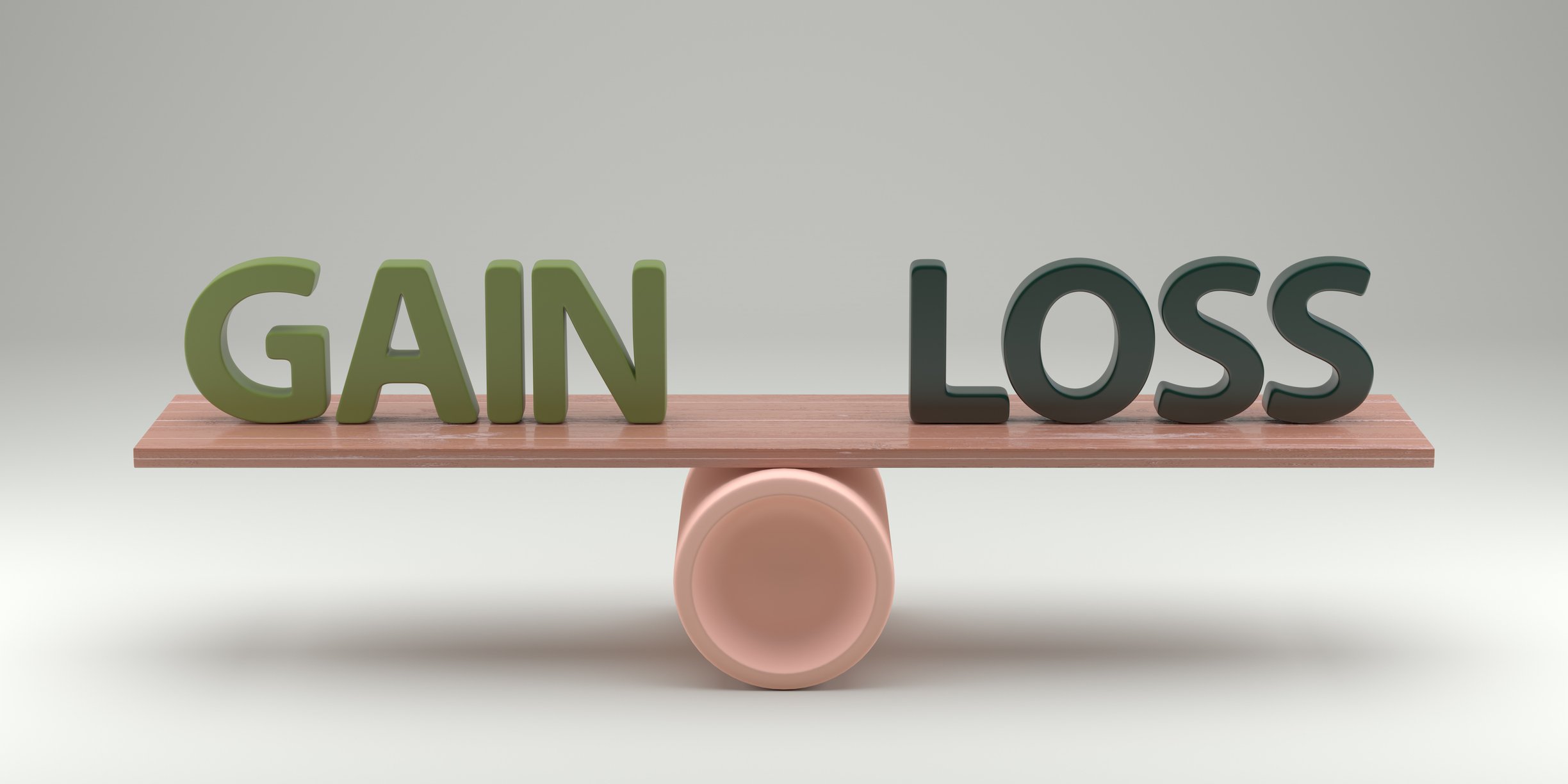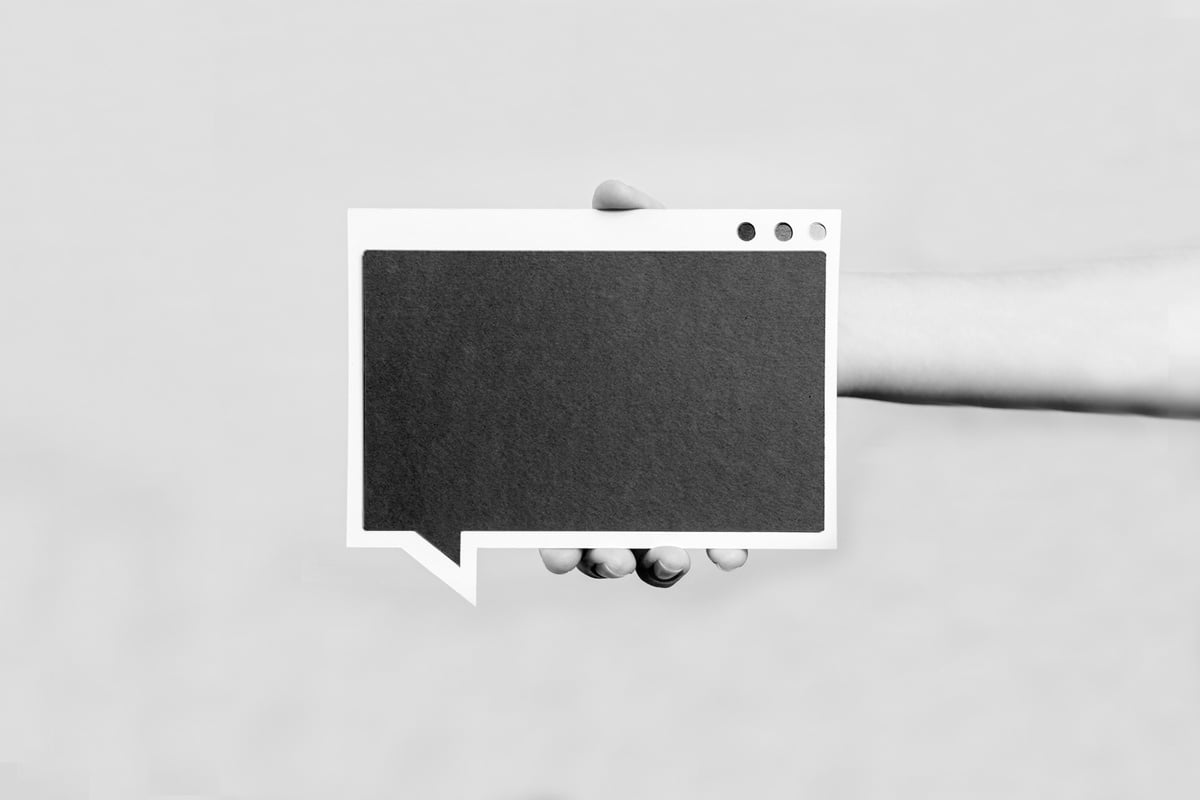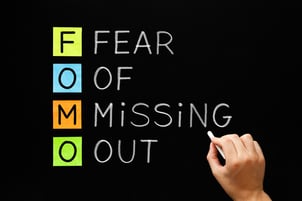

J&C Blog
Find all the latest marketing trends on the J&C Blog.

Find all the latest marketing trends on the J&C Blog.

Did you know that you are under a spell?
Yes, you (and your customers) are under the control of a concept that influences your daily decisions, often without you even realizing it...
Loss Aversion.
So what exactly is the psychology behind this phenomenon and how profound can its impact can be?
Understanding Loss Aversion
Loss aversion, a concept pioneered by psychologists Daniel Kahneman and Amos Tversky in the 1970s, is a fundamental human bias that reveals our innate tendency to fear losses more intensely than we desire gains. In other words, the pain of losing something is more powerful than the pleasure of gaining it.
the pain of losing something is more powerful than the pleasure of gaining it.
3 Examples That Hit Home
Investments: Consider these two scenarios – you stand to gain $200 or lose $100. Studies have shown that people are more averse to the prospect of losing $100 they already have than they are motivated by the idea of gaining an amount that’s even greater. This mindset often leads investors to make conservative choices, missing out on sometimes lucrative opportunities.
Shopping: Retailers are aware of our aversion to losses, too. The concept of "limited-time offers" or "while supplies last" leverages our fear of missing a deal (what the kids call FOMO these days), prompting us to make impulsive purchases to avoid the perceived loss.
"while supplies last" leverages our fear of missing a deal (what the kids call FOMO these days), prompting us to make impulsive purchases to avoid the perceived loss.
Sunk Cost Fallacy: This cognitive bias occurs when we go along with a decision because we've already invested time, effort, or money, even if it's clear that continuing down that path will lead to further losses. We irrationally hope that our initial investment will eventually pay off, despite mounting evidence to the contrary.

Studies Confirming Loss Aversion
Prospect Theory: Kahneman and Tversky's groundbreaking study on Prospect Theory revealed that individuals make decisions based on perceived gains and losses relative to a reference point, rather than in absolute terms. This theory laid the foundation for understanding how we assess and react to risks and rewards.
Neuroscientific Insights: Neuroimaging studies have shown that the brain's response to losing is more intense than its response to winning. The amygdala, a key player in emotional processing, is more active during losses — contributing to our aversion to that loss.
our brain's response to losing is more intense than its response to winning
Practical Implications
As you might imagine, loss aversion has significant implications in the marketing field, too:
Businesses can leverage loss aversion in marketing strategies, emphasizing potential losses rather than gains. For instance, highlighting what customers might lose by not using a product or service can be more persuasive than emphasizing ONLY its benefits.
 Behavioral economists use loss aversion to design interventions that influence behaviors. For example, framing a message as "You could lose 10 years of life expectancy" can be more effective than saying "You could gain 10 years."
Behavioral economists use loss aversion to design interventions that influence behaviors. For example, framing a message as "You could lose 10 years of life expectancy" can be more effective than saying "You could gain 10 years."
Loss aversion is a powerful and pervasive cognitive bias that influences consumers’ choices in subtle yet profound ways. If we can recognize this tendency, we can make more informed decisions in various aspects of our lives. Behavioral economics continues to shed light on the intricate workings of the human mind, reminding us that understanding psychology is key to making our marketing messaging work more effectively.
Need Help Getting Started
Are you looking to pump up your next email campaign, let us know, J&C has over 40 years of experience creating emotionally charged campaigns that connect with readers on a deep and meaningful level. A level that drives response. We would be happy to learn more about your company and your goals. Contact J&C today. That way, we can give you an honest assessment of how we can work with you to achieve better results.
Topics: Direct Marketing, Relationship Marketing, Insurance Marketing
303 E Wacker Drive, Suite 2030
Chicago, IL 60601
Phone: 312-894-3000
Fax: 312-894-3005